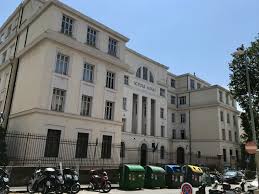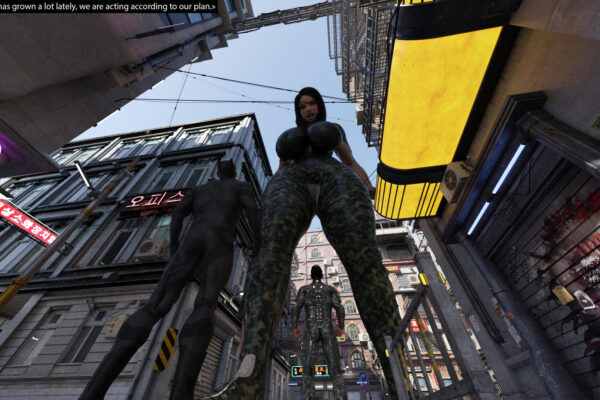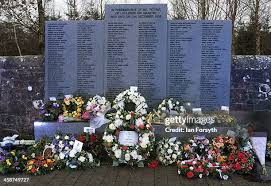The Scuola Diaz Incident: A Key Moment in Italian History

Introduction
The Scuola Diaz incident, which took place during the 2001 G8 Summit in Genoa, Italy, has become a significant and controversial episode in the country’s history. The events of that night, where police stormed a school housing radical protestors resulting in brutal violence, continue to spark discussions on police conduct, civil rights, and the role of law enforcement during public demonstrations.
The Events of Scuola Diaz
On July 21, 2001, police raided the Diaz-Pertini School, which was being used as a temporary shelter for activists and protestors during the G8 Summit. Officers claimed they were acting on intelligence reports suggesting the occupants were planning violent demonstrations. The raid led to the injury of around 93 individuals, including minors and protesters. Footage and photographs from the scene depicted severe police violence, raising immediate concerns over excessive use of force.
Legal Ramifications and Public Response
The aftermath of the raid led to widespread outrage both domestically and internationally. Human rights organisations and activists condemned the police actions, calling for accountability. Several protests erupted across Italy, demanding justice for those injured during the raid. Legal proceedings followed, with multiple investigations launched into police conduct. Ultimately, a series of trials brought attention to issues of accountability within Italian law enforcement.
In 2015, several police officials were convicted for their roles in the actions taken during the raid, reflecting a shift towards increased scrutiny of police practices in Italy. However, the legal outcomes garnered mixed reactions, as many felt the punishments were insufficient given the severity of the incident.
The Impact on Police Reform
The Scuola Diaz incident has had a lasting impact on public perception of police in Italy. A demand for reforms emerged to ensure proper checks and balances within law enforcement agencies. Following the outcry, various reports were published aimed at understanding the circumstances surrounding the incident and preventing similar occurrences in the future.
Conclusion
Today, the Scuola Diaz incident stands as a lesson in the importance of civil liberties and police accountability. It continues to be referenced in discussions on governmental transparency and the rights of citizens to protest peacefully. Looking ahead, it serves as a reminder that safeguarding democracy involves constant vigilance, ensuring that the rights of individuals are protected, even in times of unrest.
You may also like

Current Trends in Crime: An Overview

Reflections on the Lockerbie Tragedy: 35 Years On
